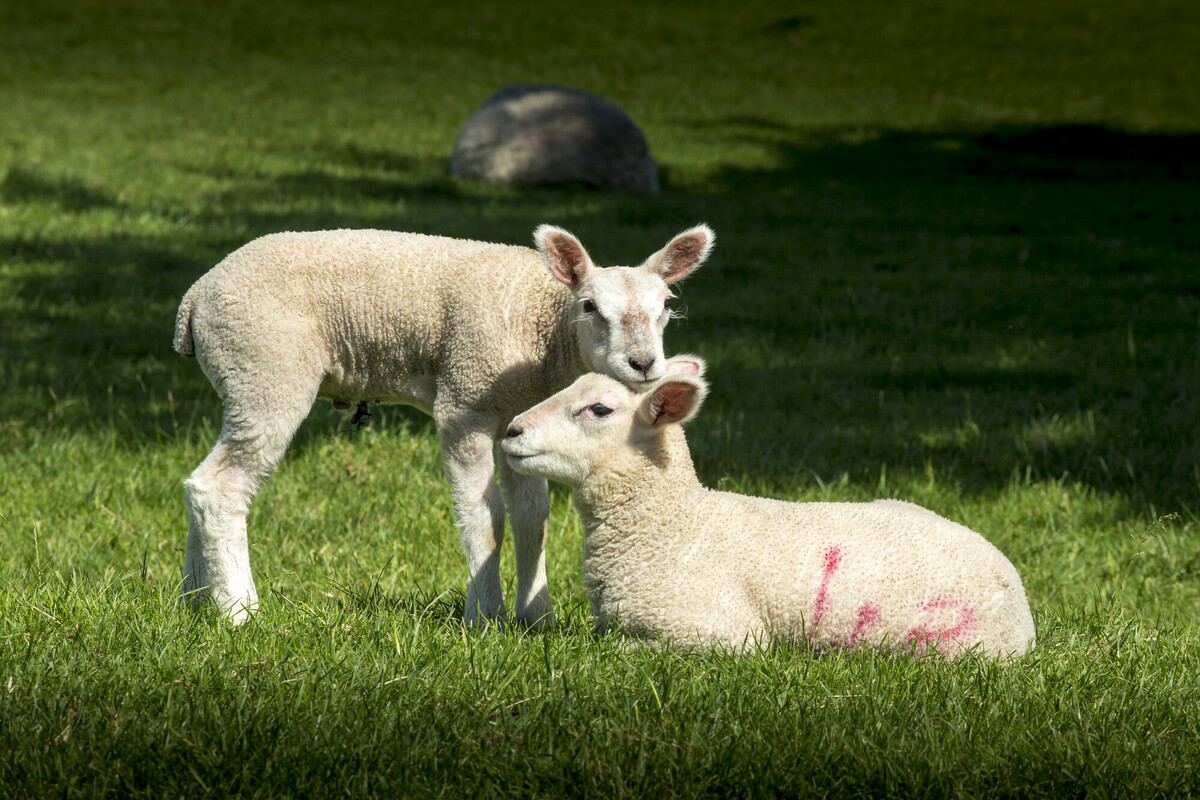Working with DEFRA to help shape the future Environmental Land Management System
Since the referendum in 2016 and the UK’s decision to leave the European Union, the UK Government has been clear about its intention to reform agricultural policy that for the past 40 years has been developed within the Common Agricultural Policy.
To make sure that there is a gradual transition from the current system to the new, DEFRA plans to make the changes over a seven-year agricultural transition period. During this period, Direct Payments (BPS) in England will be phased out and in doing so, the relationship between government and farmers will start to change as we move away for a subsidy-based approach to a more business-like partnership.
DEFRA’s aim for the new Environmental Land Management System (ELM) is to:
‘Flexibly deliver long-term environmental objectives set out in the 25 Year Environment Plan’.
Through ELM agreements, which DEFRA plan to launch in 2024, farmers and land managers will be paid for providing environmental benefits. The benefits that will be paid for include:
- Clean air
- Reduction in environmental hazards and pollution
- Thriving plants and wildlife
- Clean Water
- Mitigation and adaptation measures to minimise the impact of climate change
- Enhanced landscape
The North York Moors National Park Authority has committed to work with DEFRA to help ensure that the new system delivers positive outcomes appropriate to the North York Moors National Park and those whose livelihoods depend on the sustainable management of the land.
 We believe that farmers and land managers within the North York Moors are well placed to deliver the range of public goods that society values and we consider that between us there is considerable experience of past and current agri-environment schemes, some that have worked well and other not so. We want to use this experience to identify and develop a range of delivery mechanisms that allow for the appropriate delivery of public goods within special landscapes like the North York Moors.
We believe that farmers and land managers within the North York Moors are well placed to deliver the range of public goods that society values and we consider that between us there is considerable experience of past and current agri-environment schemes, some that have worked well and other not so. We want to use this experience to identify and develop a range of delivery mechanisms that allow for the appropriate delivery of public goods within special landscapes like the North York Moors.
Test and Trials study
In order to identify which public goods farmers and land managers within the North York Moors National Park want to, and feel able to deliver, a large scale questionnaire was distributed between January and February 2020. Following analysis of 365 returned questionnaires, farmers and land managers showed high levels of willingness to deliver all six of the public goods with thriving plants and wildlife coming out on top. The others were only narrowly behind and based on a scale of 1 - 10 (where 1 is 'very unwilling' and 10 is 'very willing' to deliver that public good) all ranked on average above 7.
To further assess the willingness of farmers and land managers to deliver these benefits, respondents were asked to rate the extent to which they agreed or disagreed with eleven statements, such as: 'I believe food production and the delivery of public goods can go hand in hand on the same farm'. Responses revealed that the highest levels of agreement were towards the belief that the new scheme can go hand in hand with food production on the same farm. There was also strong levels of agreement towards joining the new ELMs and towards choosing their own methods for delivering environmental improvements.
We have also carried out a further Test and Trials study of eight focus groups from each of the main farm types active in the National Park and we are now developing a tool to model the economic impact of attaching different values to the delivery of different public goods and the impact that this would have on different farm types.
